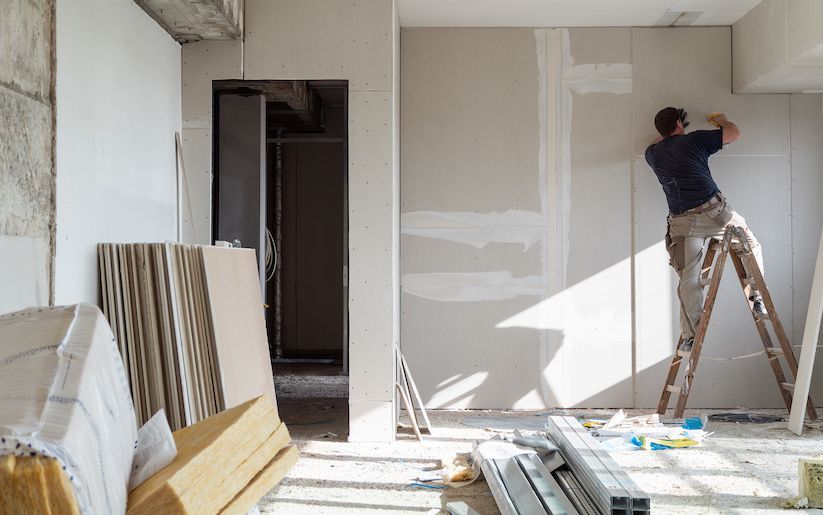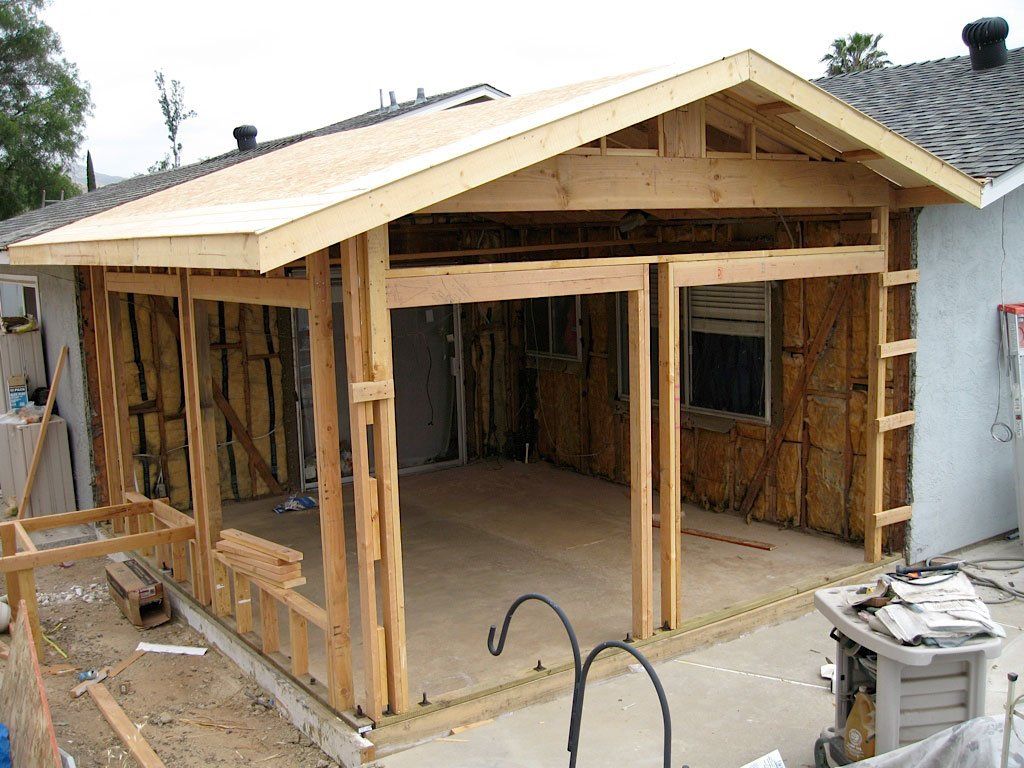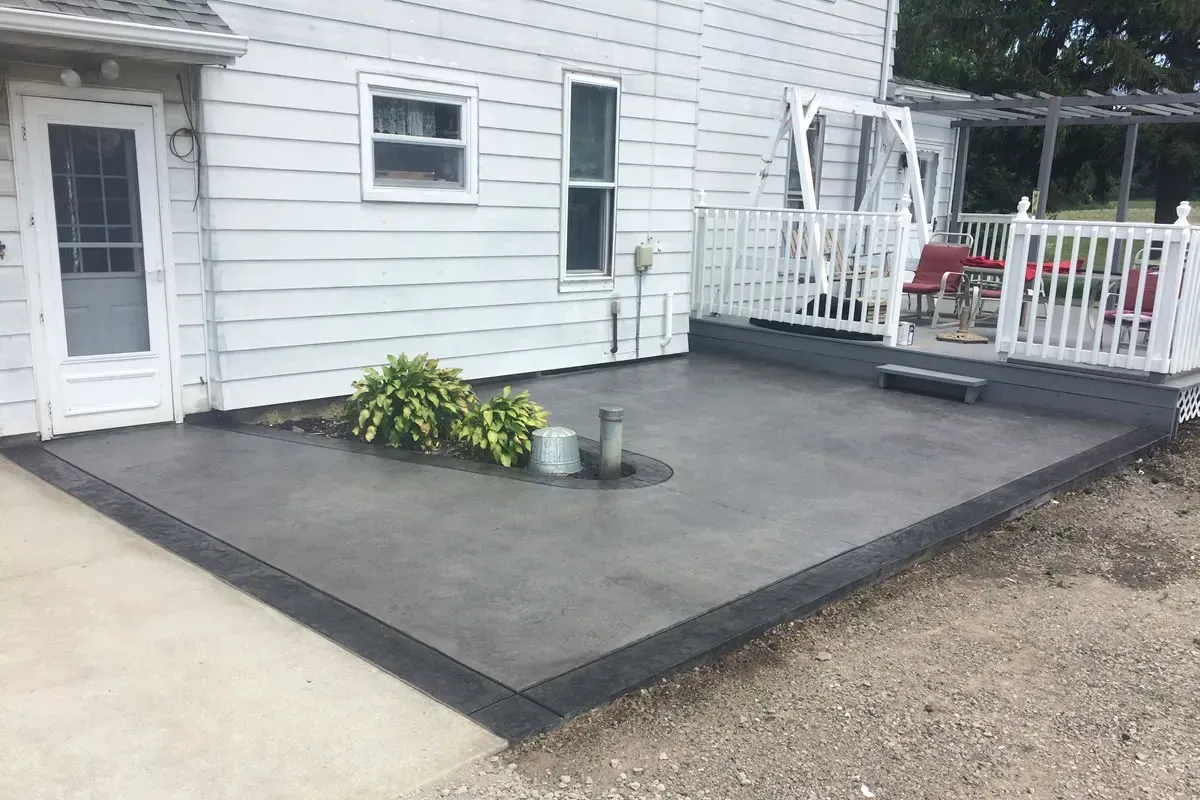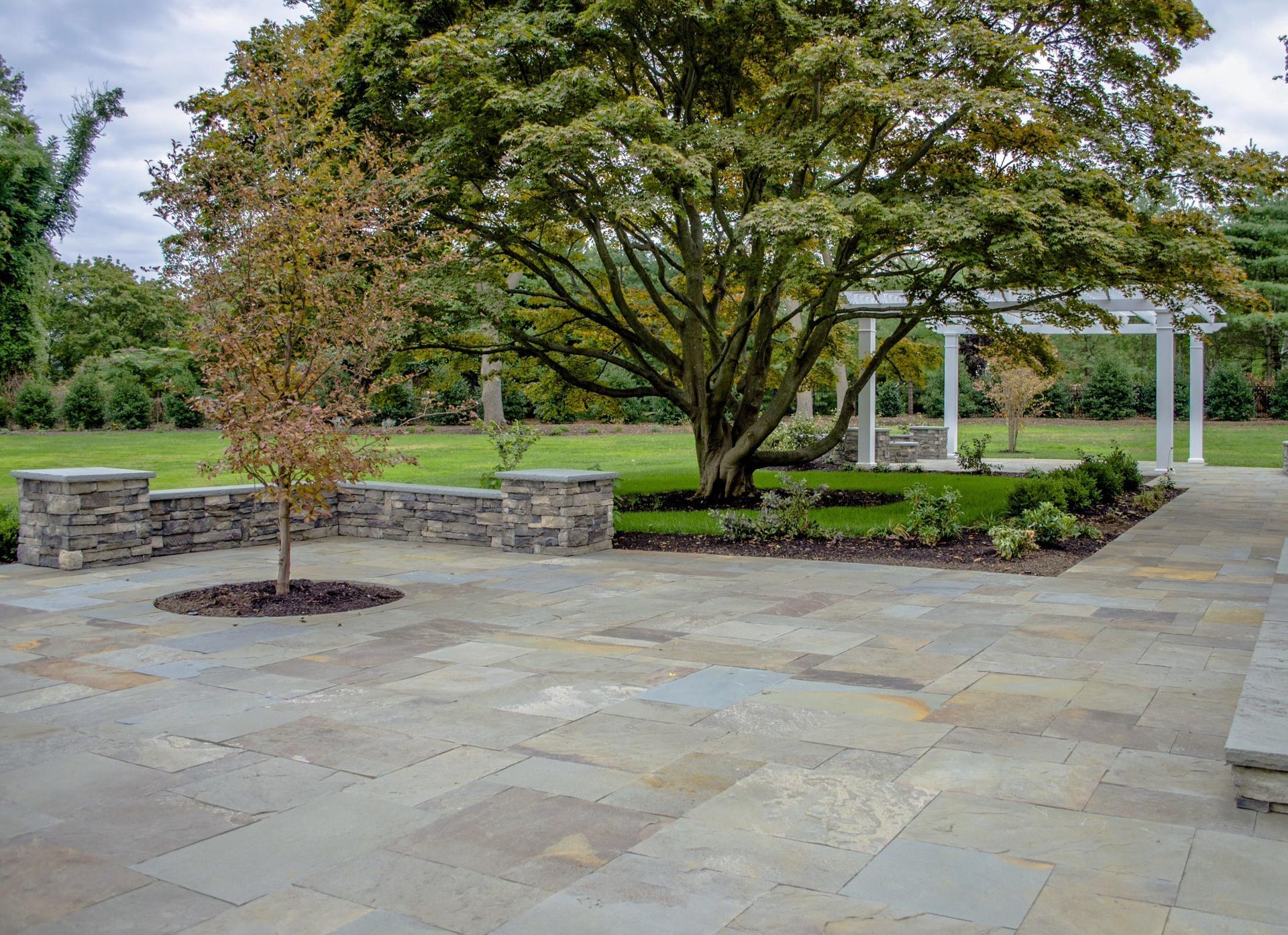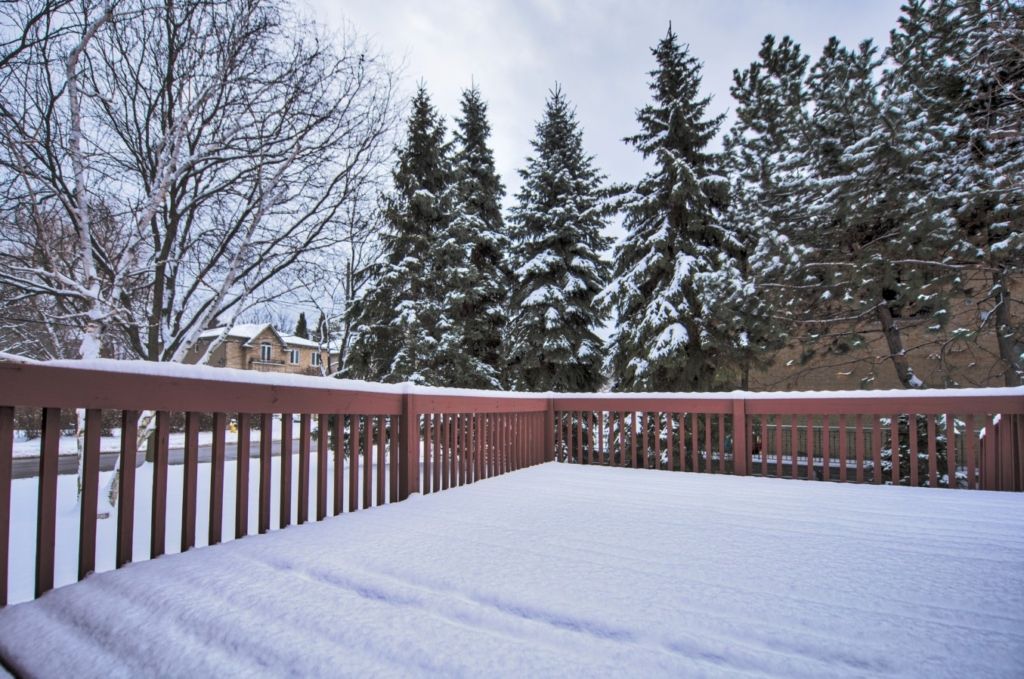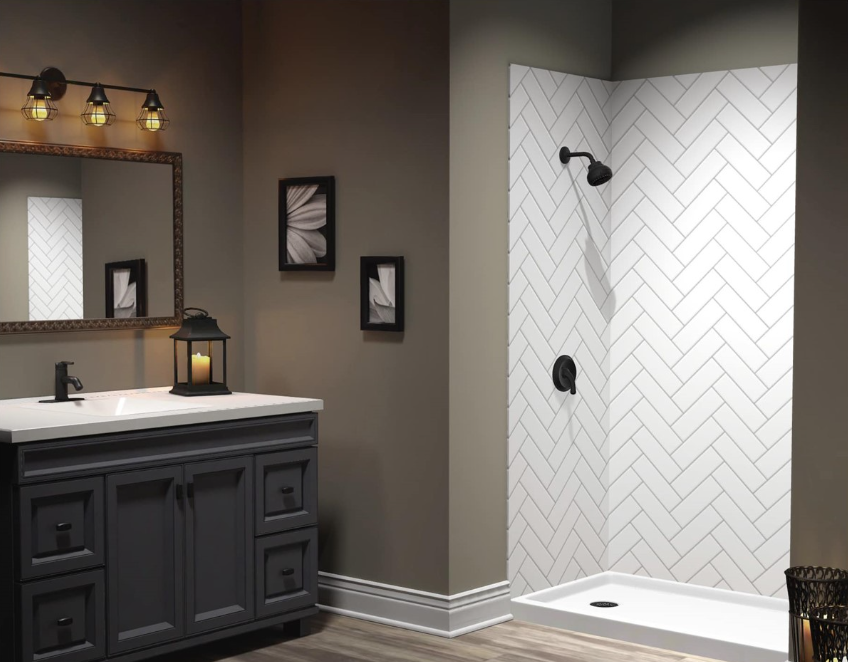What Is Perc Testing and Why Is It Needed in Rhode Island?
Perc testing (percolation testing) measures how quickly water drains through soil to determine if your Rhode Island property can support a septic system. Rhode Island requires perc tests for all new construction, septic system installations, and property subdivisions to protect groundwater and ensure proper waste treatment. The test involves digging test holes, filling them with water, and measuring drainage rates over 24 hours to calculate soil absorption capacity.
Understanding Percolation Testing: The Science Behind Soil Drainage
Percolation testing evaluates your soil's ability to absorb and filter wastewater from septic systems. This critical assessment determines whether your Rhode Island property can safely handle on-site sewage disposal without contaminating groundwater or creating environmental hazards.
The test measures soil permeability in minutes per inch (MPI), indicating how long it takes for water to drop one inch in the test hole. Rhode Island's diverse geology - from coastal sandy soils to inland clay deposits - creates varying percolation rates across the state, making professional testing essential for every property.
Why Soil Type Matters in Rhode Island
Rhode Island's geological diversity significantly impacts perc test results:
Coastal Areas (Newport, Bristol, Washington Counties): Sandy soils typically drain quickly, often requiring engineered systems to slow drainage and ensure proper treatment.
Central Rhode Island (Kent, Providence Counties): Mixed soil compositions with varying clay content create unpredictable drainage patterns requiring careful evaluation.
Northwestern Areas: Dense clay soils may drain too slowly, necessitating alternative septic system designs or soil amendments.
Rhode Island Perc Test Requirements and Regulations
When Perc Testing Is Required in Rhode Island
Rhode Island Department of Environmental Management (RIDEM) mandates perc testing for:
- New home construction on lots without public sewer access
- Septic system replacements or major repairs
- Property subdivisions creating new building lots
- Commercial development requiring on-site wastewater treatment
- Variance applications for non-conforming lots
- Building permit applications in areas without municipal sewer systems
Rhode Island Perc Test Standards and Specifications
RIDEM requires perc tests to meet specific technical standards:
Test Hole Requirements:
- Minimum 6-inch diameter holes
- Depth extending 2-3 feet below proposed leach field level
- Multiple test locations across the proposed drain field area
- Minimum 4 test holes for residential systems
Testing Protocol:
- 24-hour pre-soaking period before measurement
- Water level maintenance during testing period
- Multiple measurements over specified time intervals
- Documentation of soil layers and conditions encountered
Seasonal Considerations:
- Tests must account for seasonal high water table levels
- Winter testing may require special procedures
- Wet season results often govern system design
The Rhode Island Perc Testing Process: Step-by-Step
Phase 1: Site Evaluation and Preparation
Professional perc testing begins with comprehensive site assessment. Rhode Island's licensed soil evaluators examine topography, existing vegetation, proximity to water bodies, and potential constraints that could affect septic system placement.
Site Selection Criteria:
- Minimum 100-foot setback from wells in Rhode Island
- 50-foot minimum distance from property lines
- Adequate separation from wetlands and water bodies
- Consideration of slopes and drainage patterns
- Evaluation of seasonal water table fluctuations
Phase 2: Test Hole Excavation
Licensed professionals dig test holes using specialized equipment designed to minimize soil disturbance. Rhode Island's regulations require careful documentation of soil layers encountered, including:
- Topsoil depth and composition
- Subsoil characteristics and color changes
- Presence of hardpan or impermeable layers
- Evidence of seasonal water table levels
- Rock or ledge encounters
Phase 3: Pre-Soaking and Testing
The actual percolation test involves a carefully controlled process:
- Pre-soaking: Test holes are filled with water and allowed to drain naturally for 24 hours
- Water level establishment: Holes are refilled to a standardized depth
- Measurement period: Water level drops are measured at regular intervals
- Rate calculation: Percolation rate is calculated in minutes per inch
- Documentation: All measurements and observations are recorded for RIDEM submission
Phase 4: Results Analysis and System Design
Perc test results determine septic system design requirements for your Rhode Island property. Different percolation rates require specific system configurations:
Fast Percolation (Under 5 MPI): May require engineered systems to slow drainage and ensure adequate treatment
Moderate Percolation (5-30 MPI): Typically suitable for conventional septic systems
Slow Percolation (Over 30 MPI): May require alternative systems or soil modifications
Rhode Island Soil Conditions and Perc Test Challenges
Coastal Rhode Island Perc Testing Considerations
Rhode Island's extensive coastline creates unique challenges for perc testing:
Sandy Soils: Coastal properties often have extremely fast drainage requiring specialized system designs to prevent groundwater contamination.
Seasonal Water Tables: Ocean proximity and tidal influences can create fluctuating groundwater levels affecting test results and system design.
Salt Water Intrusion: Properties near the coast must consider potential salt water contamination when designing septic systems.
Inland Rhode Island Geological Challenges
Glacial Till: Much of inland Rhode Island features glacial deposits creating inconsistent soil conditions that require multiple test locations.
Ledge and Bedrock: Shallow bedrock common in northwestern Rhode Island can limit septic system placement options.
Clay Layers: Dense clay deposits can create perched water tables and drainage problems requiring engineered solutions.
Perc Test Failures: Common Issues and Solutions in Rhode Island
Why Perc Tests Fail in Rhode Island
Understanding common failure modes helps property owners prepare for potential challenges:
High Water Table: Seasonal flooding or year-round high groundwater levels prevent proper septic system function.
Extremely Fast Drainage: Sandy soils that drain too quickly may not provide adequate treatment time.
Impermeable Layers: Clay hardpan or bedrock prevents water infiltration.
Insufficient Area: Small lots may not provide adequate space for properly sized drain fields.
Alternative Solutions for Failed Perc Tests
Rhode Island allows several alternatives when conventional perc tests fail:
Engineered Systems: Advanced treatment units can work with challenging soil conditions.
Raised Systems: Elevated drain fields can overcome high water table issues.
Alternative Designs: Pressure distribution, sand filters, or constructed wetlands may be approved.
Soil Amendments: In some cases, soil modification can improve percolation rates.
Cost Factors for Rhode Island Perc Testing
Standard Perc Test Pricing in Rhode Island
Rhode Island perc testing costs vary based on property complexity and location:
Basic Residential Tests: $800-$1,500 for standard single-family lots
Complex Sites: $1,500-$3,000 for challenging terrain or multiple test areas
Commercial Properties: $2,000-$5,000+ depending on size and requirements
Expedited Services: Rush testing may incur additional fees
Additional Costs to Consider
Soil Evaluation: Comprehensive soil assessment beyond basic perc testing
Survey Requirements: Property boundaries and elevation certificates
Engineering Consultations: Professional design services for complex systems
Permit Applications: RIDEM permit fees and municipal requirements
Timeline and Scheduling for Rhode Island Perc Tests
Optimal Timing for Perc Testing
Scheduling perc tests requires consideration of Rhode Island's seasonal conditions:
Spring (March-May): Ideal for testing as winter moisture levels stabilize
Summer (June-August): Good conditions but high demand may extend scheduling
Fall (September-November): Excellent timing before winter weather arrives
Winter (December-February): Limited testing due to frozen ground conditions
Planning Your Rhode Island Development Timeline
Perc testing should be scheduled early in your development process:
- Initial Planning: Include perc testing in preliminary site evaluation
- Design Phase: Use perc results to guide septic system design
- Permitting: Submit perc results with septic permit applications
- Construction: Schedule installation based on approved system design
Perc Test Results: Understanding Your Rhode Island Report
Interpreting Percolation Rates
Your Rhode Island perc test report will include specific measurements and recommendations:
Percolation Rate Data: Measured in minutes per inch for each test hole
Soil Profile Description: Detailed analysis of soil layers encountered
Water Table Information: Seasonal high water table determinations
System Recommendations: Suggested septic system designs for your property
Using Results for System Design
Perc test results directly influence septic system specifications:
- Drain field sizing based on soil absorption capacity
- System type selection appropriate for soil conditions
- Installation depth requirements for proper function
- Special design features needed for challenging conditions
Environmental Protection and Perc Testing in Rhode Island
Groundwater Protection Requirements
Rhode Island's perc testing requirements protect the state's groundwater resources:
Aquifer Protection: Tests ensure septic systems won't contaminate drinking water supplies
Wetland Preservation: Proper drainage prevents impacts to sensitive wetland areas
Coastal Water Quality: Adequate treatment protects Narragansett Bay and coastal waters
Public Health: Proper septic function prevents contamination of wells and surface waters
Compliance with Rhode Island Environmental Regulations
Perc testing ensures compliance with multiple state regulations:
- RIDEM Individual Sewage Disposal System (ISDS) regulations
- Groundwater protection standards
- Wetland buffer requirements
- Coastal zone management compliance
Frequently Asked Questions About Rhode Island Perc Testing
Q: How long are perc test results valid in Rhode Island? A: RIDEM typically accepts perc test results for 2-3 years, though specific validity periods may vary based on local conditions and permit requirements.
Q: Can I do my own perc test in Rhode Island? A: No. Rhode Island requires licensed soil evaluators to conduct official perc tests for permit applications. Only certified professionals can provide results acceptable to RIDEM.
Q: What happens if my property fails the perc test? A: Failed perc tests don't necessarily prevent development. Alternative septic systems, engineered solutions, or soil modifications may allow your project to proceed.
Q: Do I need a perc test for septic system repairs? A: Major septic repairs or system replacements typically require new perc testing, especially if the drain field location changes or the original test is outdated.
Q: How many test holes are required for Rhode Island perc testing? A: Residential properties typically require 4-6 test holes, while larger commercial properties may need additional testing locations based on system size and complexity.
Q: Can weather affect perc test results? A: Yes. Recent rainfall, seasonal water table levels, and ground frost can significantly impact results. Professional evaluators account for these factors in their assessments.
Choosing Professional Perc Testing Services in Rhode Island
Qualifications for Rhode Island Soil Evaluators
Select licensed professionals with specific Rhode Island experience:
Required Credentials: Rhode Island soil evaluator license and RIDEM certification
Local Experience: Familiarity with Rhode Island geology and regulations
Professional References: Track record of successful projects in your area
Insurance Coverage: Adequate liability protection for professional services
Working with Your Testing Professional
Maximize your perc testing investment by:
- Providing complete property information and development plans
- Discussing timeline requirements and seasonal considerations
- Understanding all costs upfront, including potential additional testing
- Requesting detailed explanations of results and recommendations
Planning Ahead: Integrating Perc Testing into Your Rhode Island Project
Pre-Purchase Property Evaluation
Smart buyers include perc testing in their due diligence process:
- Contingency Clauses: Include successful perc testing in purchase agreements
- Cost Planning: Budget for testing and potential alternative systems
- Timeline Considerations: Allow adequate time for testing and permit approval
Development Project Planning
Large-scale developments require comprehensive planning:
- Multiple Test Areas: Evaluate various locations for optimal system placement
- Phased Testing: Consider testing phases to match development timeline
- Engineering Coordination: Integrate testing with overall site design
Need professional perc testing services for your Rhode Island property? Rockhouse Construction works with licensed soil evaluators throughout Rhode Island to provide comprehensive perc testing and septic system design services. Our experienced team understands Rhode Island's unique geological conditions and regulatory requirements, ensuring your project meets all RIDEM standards while maximizing your property's development potential. From initial site evaluation through final system installation, we guide you through every step of the process. Contact us today to schedule your perc testing consultation and take the first step toward successful development of your Rhode Island property.
